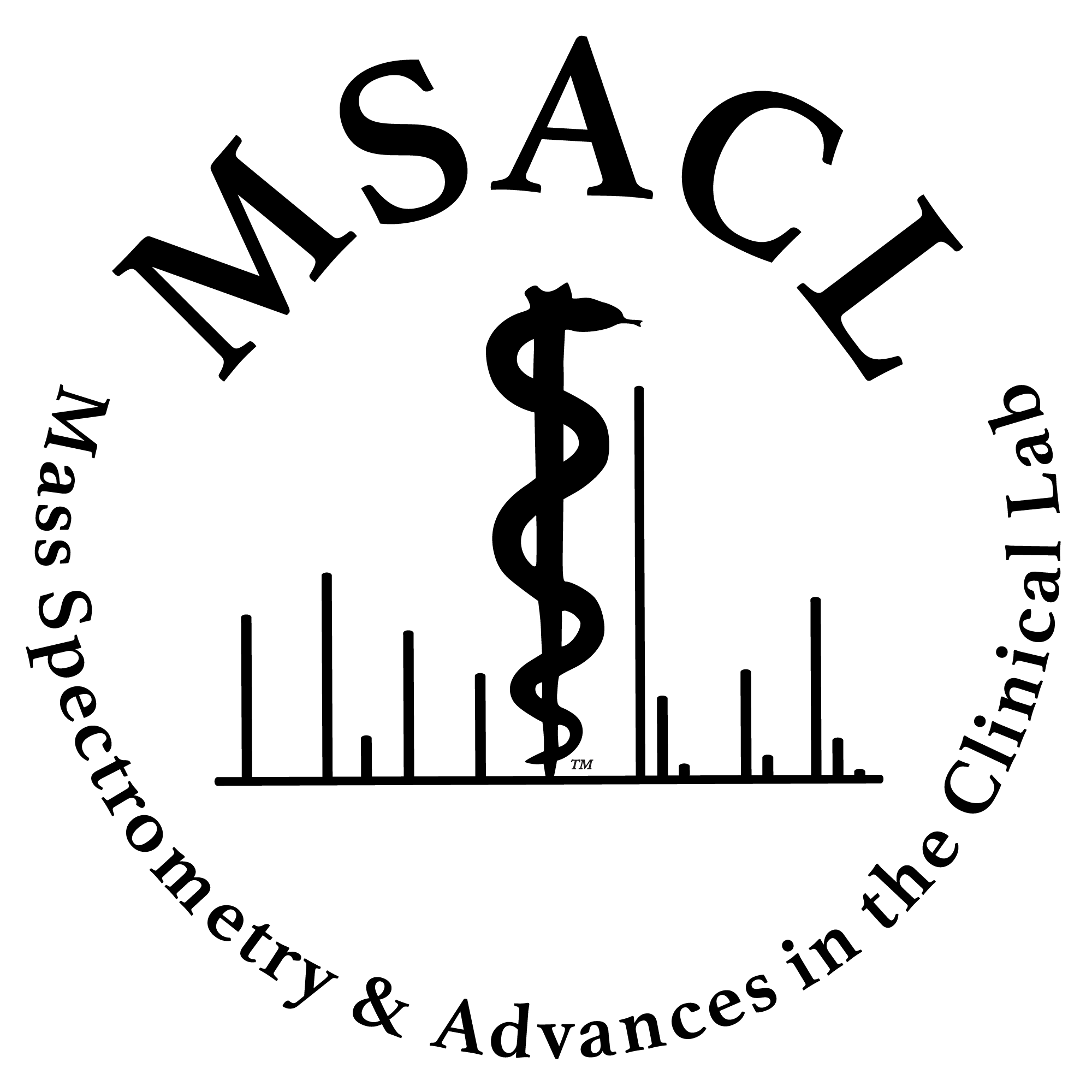 Urine Adenine: A Novel Precision Biomarker for Kidney and Heart Failure Identified by Orthogonal Metabolomics Platforms Urine Adenine: A Novel Precision Biomarker for Kidney and Heart Failure Identified by Orthogonal Metabolomics Platforms
Kumar Sharma1, Ian Tamayo1, Guanshi Zhang1, Leila Hejazi1, Nagarjunachary Ragi1, Hak Joo Lee1, Afaf Saliba1, M. Imran Aslam2, Jian-Jun Liu3, Varsha Karanam2, Bhupendra K. Gurung1, Soumya Maity1, Huili Zheng3, Su Chi Lim3, Ravi Iyengar4, Petter Bjornstad5, Katherine R. Tuttle6, Kenneth C. Bedi Jr.7, Kenneth B. Margulies7, Vasan Ramachandran2,8, Jean C. Bopassa9,
(1) Center for Precision Medicine, University of Texas Health San Antonio, (2) Division of Cardiology, University of Texas Health San Antonio, (3) Clinical Research Unit, Khoo Teck Puat Hospital, Singapore, (4) Department of Pharmacological Sciences and Institute for Systems Biomedicine, Icahn School of Medicine at Mount Sinai, Ney York, NY, (5) Division of Nephrology, Department of Medicine and Section of Endocrinology, Department of Pediatrics, University of Colorado Anschutz Medical Campus, Aurora, CO, (6) Department of Medicine, University of Washington, Seattle, WA, USA, Division of Nephrology, Department of Medicine, Kidney Research Institute, University of Washington, Seattle, Washington, (7)Cardiovascular Institute, Perelman School of Medicine, University of Pennsylvania, Philadelphia, Pennsylvania, (8) School of Public Health University of Texas Health San Antonio and University of Texas San Antonio, (9) Department of Cellular and Integrative Physiology, University of Texas Health San Antonio, San Antonio, Texas.

|
Kumar Sharma, MD (Presenter)
University of Texas Health San Antonio |
|

